Moon diaries: My takeaways from my mission to the Moon
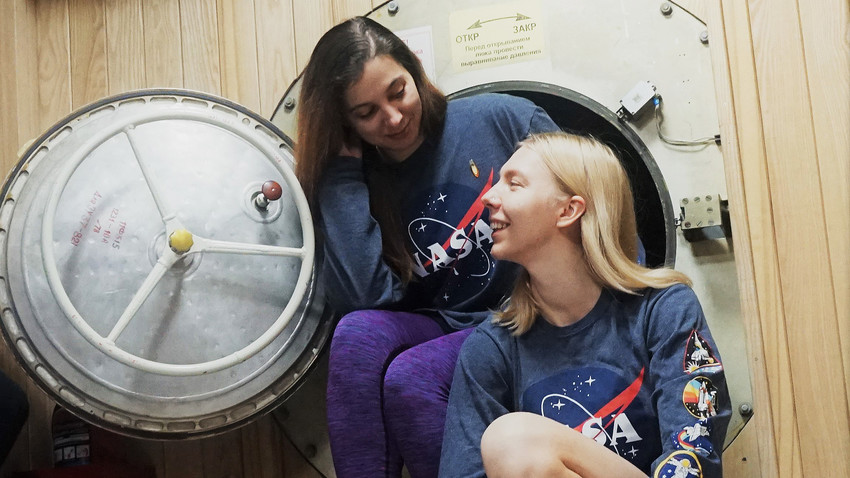
Our SIRIUS19 crew carried out our last observations of the lunar surface. We mentally said goodbye to the cold satellite and set off on a new course.
Someday, we will fly straight to Mars from a lunar orbital station, but for now we are returning to our beautiful planet Earth. Where there is a riot of colors, and not just the endless gray, brown and green. Where you can smell rain, grass, perfume and exhaust fumes. Where you can feel the warmth of the sun or the cold autumn wind on your face, and not just drops of sweat rolling down your face after a run on a treadmill. Where a favorite or a new dish gives your taste buds micro-explosions of pleasure and where food is perceived not just as a necessity to replenish one's energy. Where there are millions of people with their worries, cares, needs and loves, and not just the six crew members, who have become your colleagues, your friends and your family.
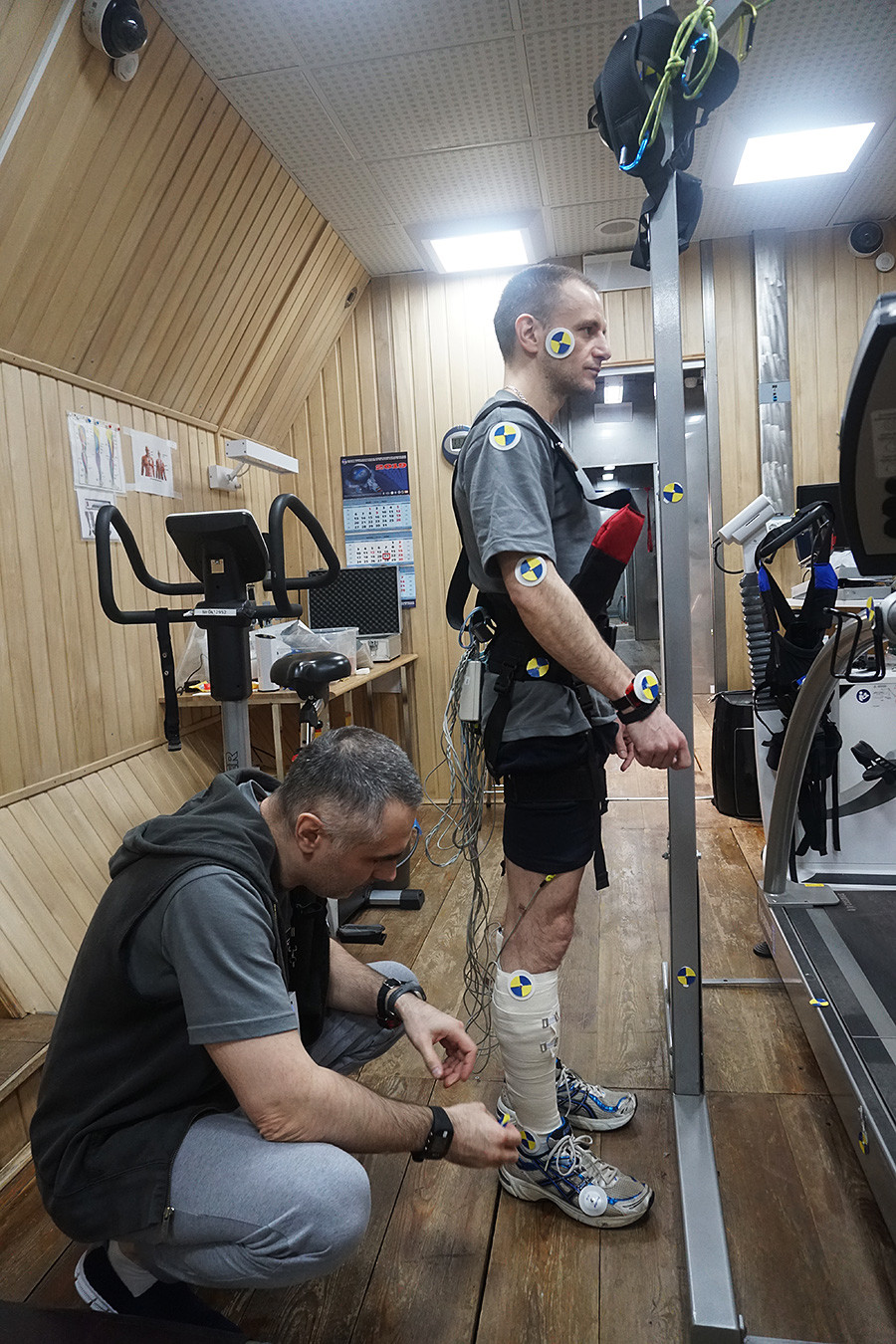
Where information noise drowns out one's inner voice, distracts and imposes other people's thoughts. In isolation, we were given something that has become a luxury for residents of big cities: an information vacuum or information detox. Here we could fully concentrate on work, on self-development, on studying not only scientific experiments, but also ourselves.
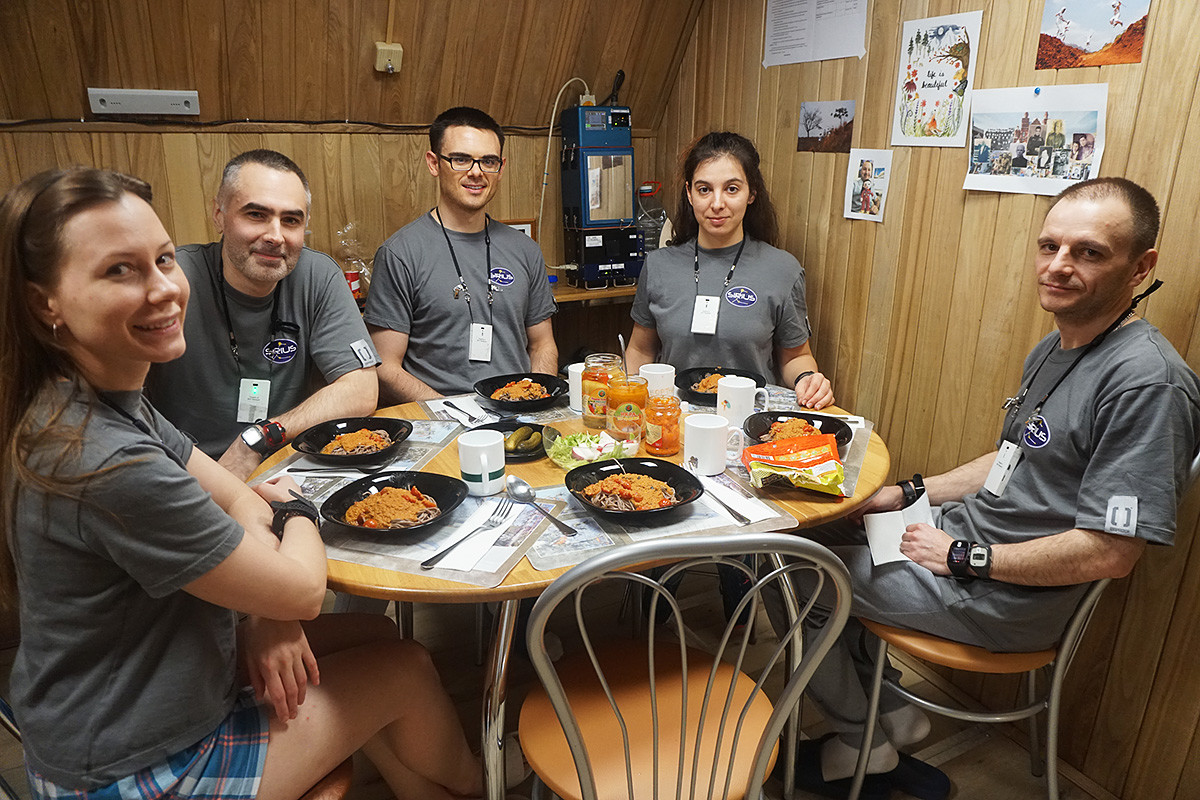
Some people can be irritated and disgruntled by restrictions in practically everything, while others take them as an opportunity to rediscover a long-forgotten ability to enjoy simple pleasures. At SIRIUS19, you relish every second while taking a long-awaited hot shower. It feels as if you've lost a kilogram of fat and salt after ten days of daily workouts. That night, on fresh linen and in clean pajamas, you sleep the most beautiful sleep.
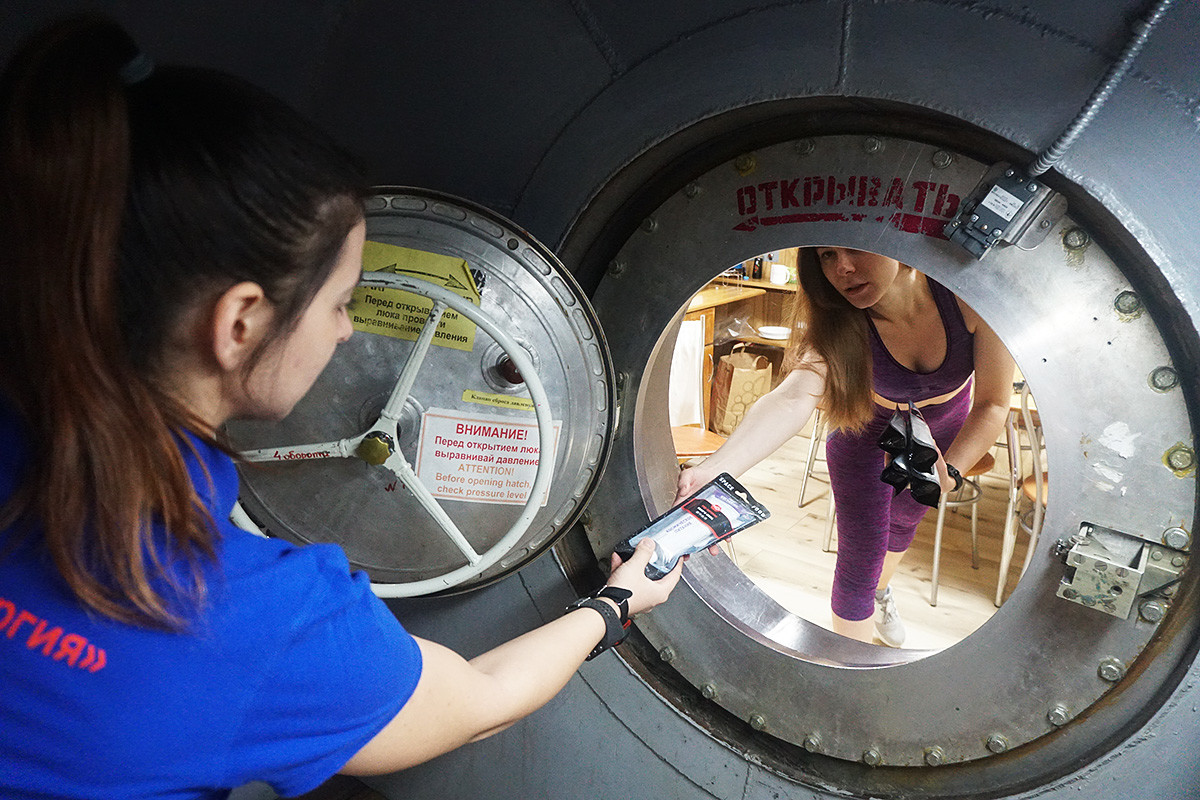
Correspondence with family and friends becomes almost a sacred thing. After all, these are not monosyllabic exchanges in a messenger app. First you think about what to write about, then you pick up the right words to convey all your emotions and thoughts. Usually you attach photographs of your life at the orbital station and ask after news from Earth. You send all this via an internal channel to the psychological support team, and they, in turn, forward the letters to the addressees.
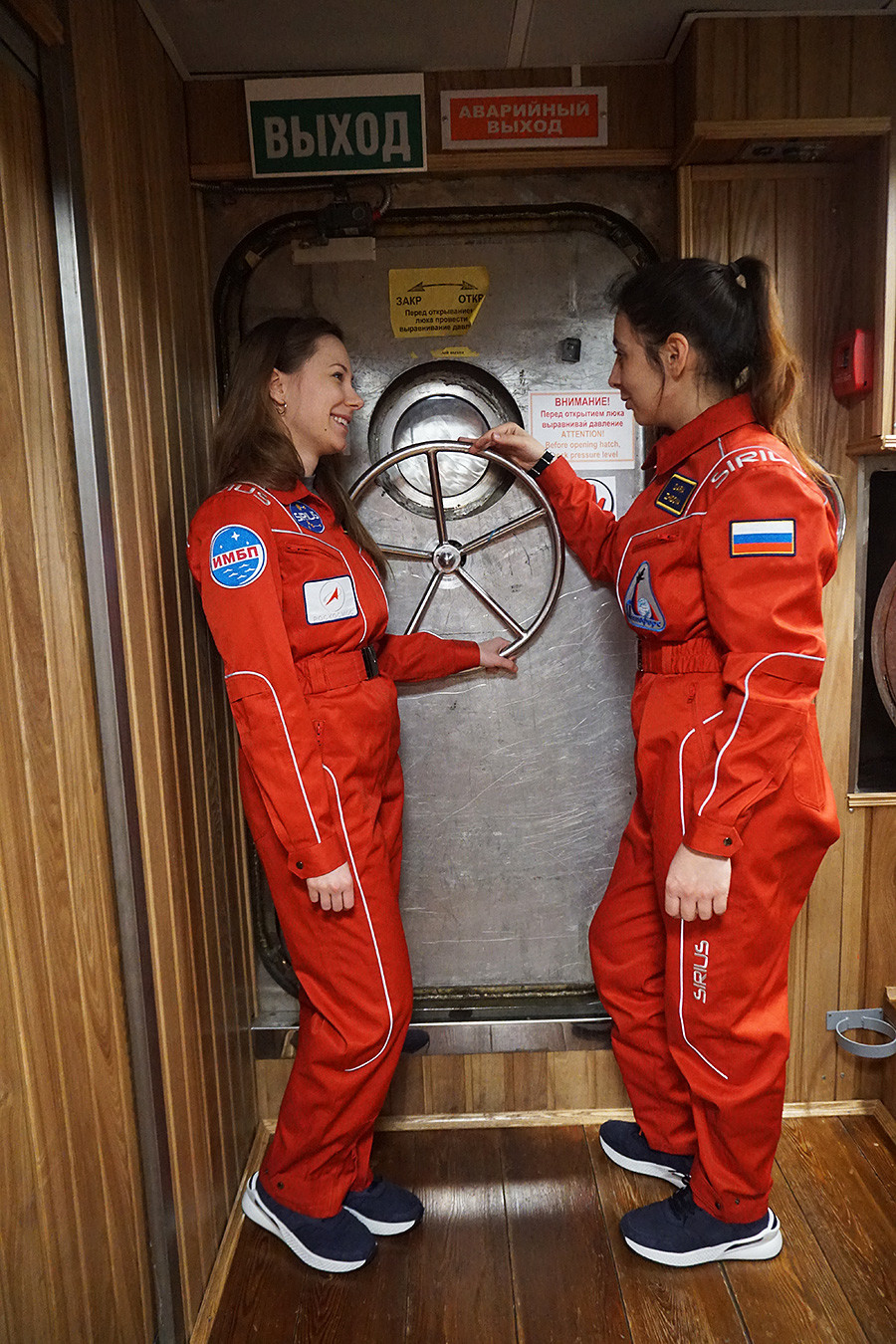
If in the morning the crew are silent and sit in their cabins, glued to their tablets, with smiles on their faces, it means they have had news from Earth. They eagerly read every word, look at photos several times and realize that in our everyday life moments like this elude us.
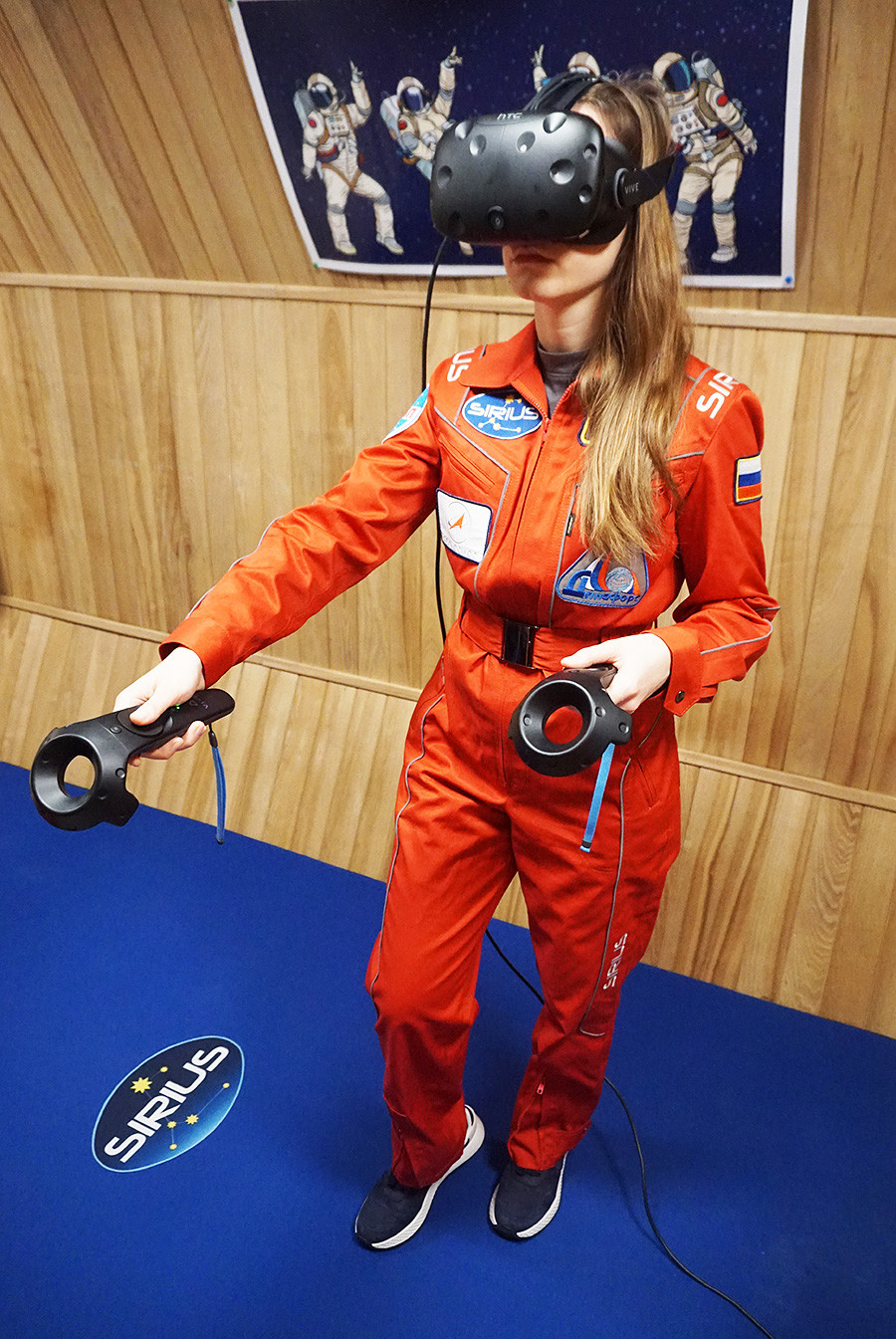
The crew often share news with each other. We show each other photos, sympathize and sincerely rejoice at the successes of the nearest and dearest of the captain, the crew engineer, the crew surgeon and the American crew members.
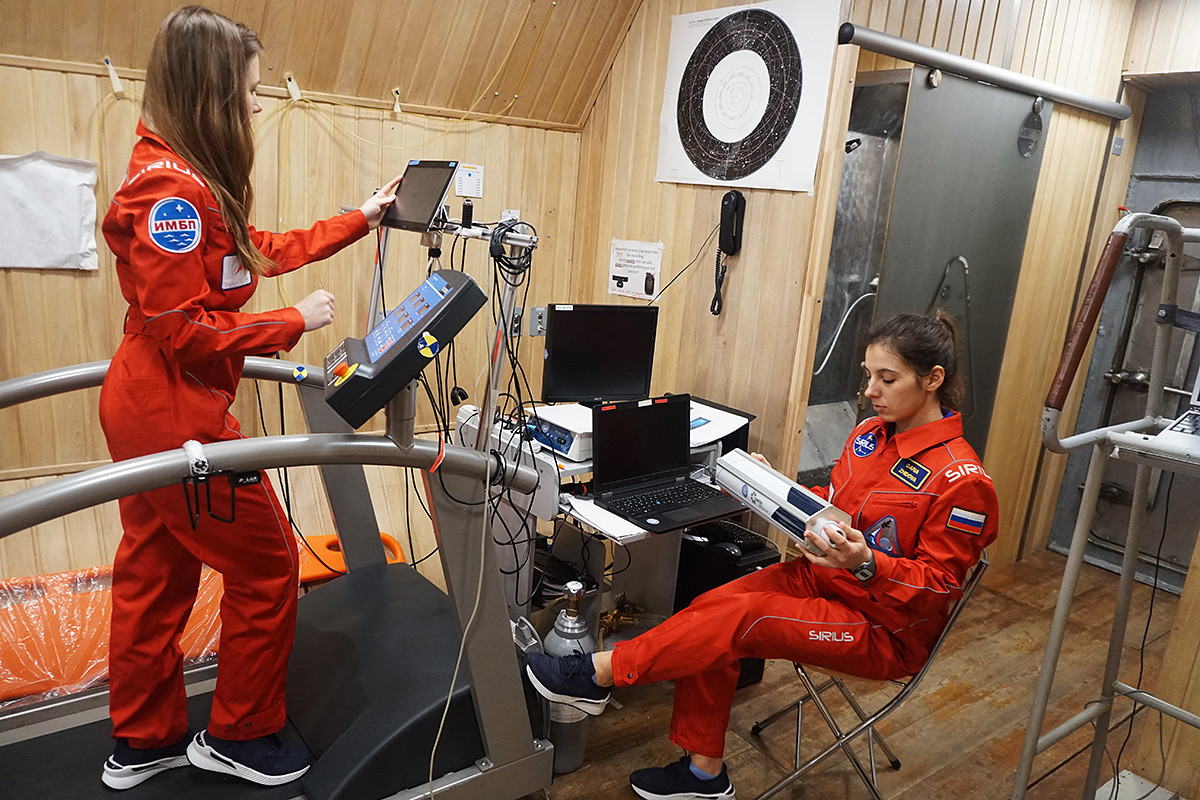
Will we miss SIRIUS19? This steady routine with interesting scientific work and daily physical training? Maybe. We spent our free time here reading books, chatting and watching films. Here, things are almost always calm and there is no fuss. This is what our ordinary life on board has been like.
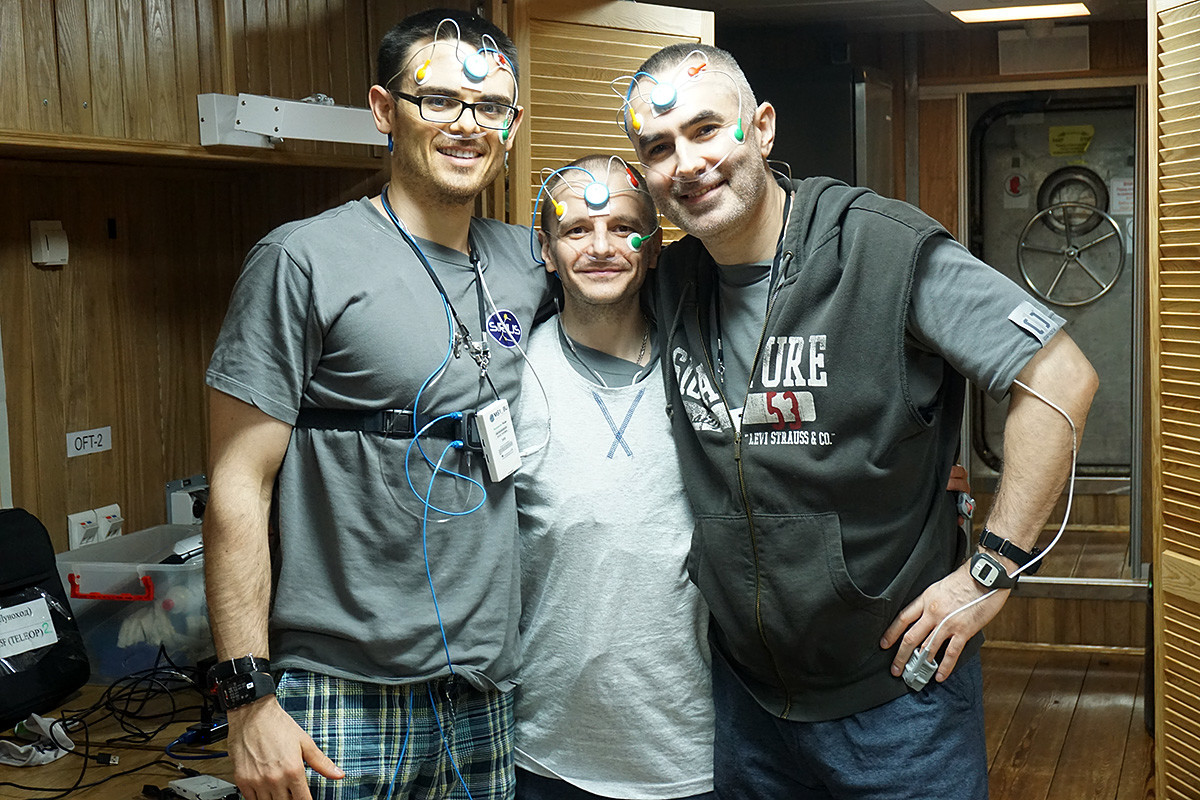
But the most valuable thing I have learned for myself after this experiment is to know that I am a part, albeit a very small one, contributing to the most complex and incredible adventure of humankind - space exploration.
See you on Earth!
If using any of Russia Beyond's content, partly or in full, always provide an active hyperlink to the original material.
Subscribe
to our newsletter!
Get the week's best stories straight to your inbox